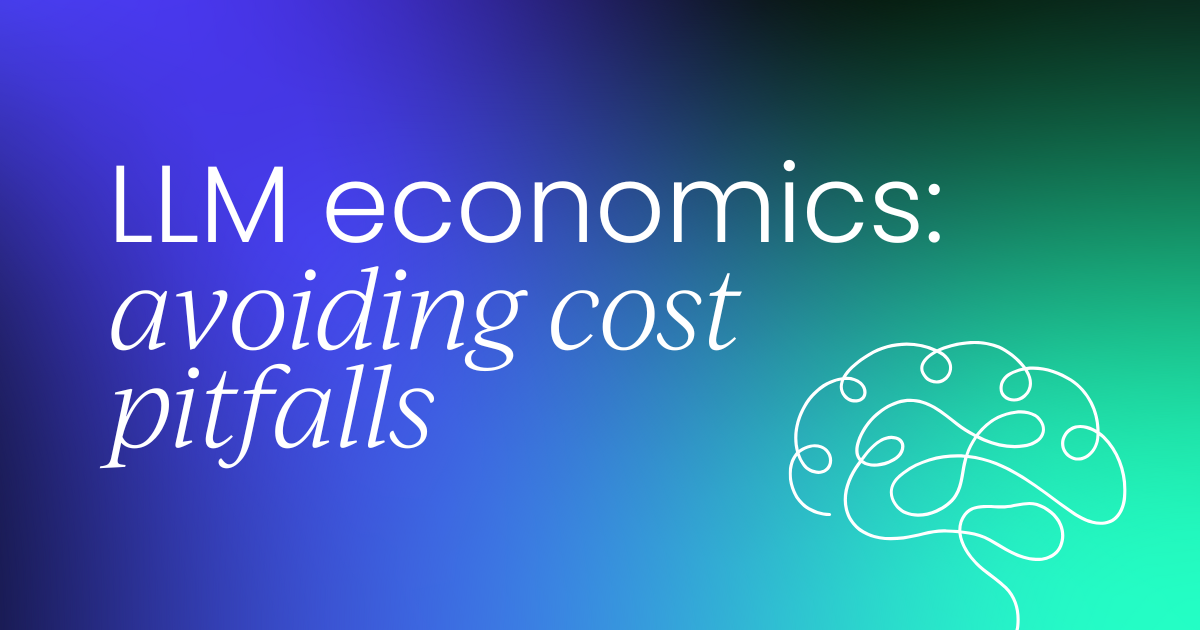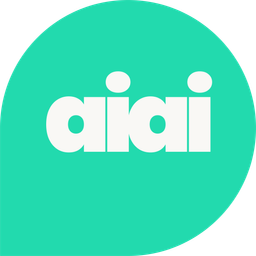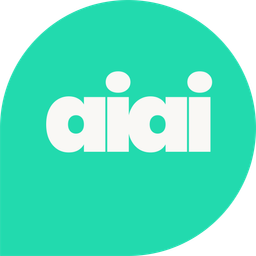Artificial intelligence assistants are quickly becoming vital tools in modern workplaces, transforming how businesses operate by making everyday tasks simpler and faster.
But despite their widespread adoption and advanced capabilities, even the best AI assistants today face a significant limitation: they often lack access to a company's internal knowledge.
AI assistants need real-time, seamless connections to your company's databases, documents, and internal communication tools to realize their full potential. This integration ensures they're brilliant and contextually aware, making them genuinely valuable workplace assets.
The rise of AI assistants
AI assistants are smart applications that understand commands and use a conversational AI interface to conduct tasks. They’re often embedded into dedicated hardware and even incorporated with several systems.
Unlike chatbots, AI assistants are less limited in both intelligence and functionality. They have more agency and advanced abilities, like contextual understanding and personalization. From drafting emails to summarizing reports, these assistants are everywhere.
Some of the more popular AI assistants are:
In business, these large language models (LLMs) can also help you with data analysis, task automation, workflow streamlining, and more. They can be mostly free if you don’t need to scale up, although some users might struggle with the free versions when it comes to tasks that involve uploading or downloading data.
However, even the more advanced AI assistants are missing something that makes them truly useful in your workplace: they don’t have access to your company’s knowledge and information. Without that, these assistants are simply guessing.
And that’s a problem.

The knowledge gap: Why AI assistants struggle
Picture this: you ask your AI assistant about a specific company policy you need to quote, a conversation that’s buried in Slack, or a past project you need vital information from. You’re likely to get a vague and generic answer or, even worse, something that’s completely irrelevant or downright wrong.
That’s because these AI assistants don’t have access to the right data – your data – and rely on public information instead. As they aren’t drawing from internal knowledge that sits behind your business, you’ll often find issues with their responses.
- Wasted time searching for answers the AI should be able to provide.
- Frustration when employees get irrelevant or outdated responses.
- AI that feels like more of a novelty than a real workplace tool.
If an AI assistant is to work in a business environment, it needs more than intelligence. It needs context, otherwise it won’t be helpful for your employees.
The fix: Connecting AI assistants to your knowledge base
How do you tackle the information problem?
The answer is simple: the AI assistants have to be plugged into your company’s internal database. When they have real-time access to company documents, emails, Slack threads, and more, they can help you the way your business needs.
But how can AI assistants help your business by being connected to your company data?
When you connect an AI assistant to your institutional knowledge base with policies, documentation, manuals, and more, they’ll be able to provide you with accurate and contextual answers on a wider variety of topics.
This could change how employees share knowledge in the workplace, moving from a tedious process of manual document searching to a more conversational, self-service experience. Employees’ wait times and support costs will be reduced by simply asking assistants and getting instant replies.
A custom AI assistant lets you quality customers and offers personalized solutions by taking care of repetitive and time-consuming tasks. Your employees can then focus on improving products and strategic work.
This streamlined strategy leads to increased efficiency and productivity, which greatly reduces bottlenecks and improves output. And as AI assistants can also handle companies’ growing needs, they’ll adapt to increased workloads and offer long-term ROI and usability.
How Glean makes AI smarter
That’s where Glean comes in. Glean connects AI assistants directly to your company’s knowledge, turning them into real, reliable workplace tools. It’s designed to integrate AI capabilities into your company’s data for up-to-date and context-aware answers.
Here’s what that means in practice:
Real-time data synchronization
Glean's connectors support real-time synchronization, making sure that any updates in the source applications are immediately reflected. This means that your assistant will always work with the most current information, enhancing its responses' accuracy and timeliness.

Comprehensive data integration
An extensive data integration makes sure that your AI assistant can access a wide range of company data, which allows it to offer relevant and informed responses. Glean connects with over 100 enterprise applications like Box, Confluence, Dropbox, GitHub, Gmail, Google Drive, Jira, Microsoft Teams, OneDrive, Outlook, Salesforce, ServiceNow, SharePoint, Slack, and Zendesk.
Permissions-aware responses
Strictly enforcing the same permissions in your company’s data sources, Glean ensures that users only have access to the information they have permission to see. This keeps your data secure and in compliance with regulations while still delivering the relevant answers.
Personalized results and semantic understanding
Glean Assistant uses deep learning-based language models, meaning it understands natural language queries and can deliver intuitive interactions. Every personalized result takes into consideration ongoing projects, the user’s role, and collaborations for tailored information.
Universal knowledge access
As it combines external web information with your internal company data, Glean Assistant is ideal for researching internal projects and accessing publicly available insights in just one platform. The integration makes it much easier for a comprehensive understanding and informed decision-making.
AI-driven content generation and analysis
Glean Assistant can analyze structured and unstructured data simultaneously across your company’s applications, documents, and even the web. It offers assistance in supporting a smarter decision-making process by drafting deliverables and finding relevant insights.
A seamless integration with your company’s data ecosystem and advanced AI techniques allow for Glean Assistant to enhance your productivity.
The smarter way forward
AI assistants have the potential to transform the workplace significantly, but only if they have access to accurate and relevant internal information. Connecting them directly to internal knowledge allows companies to move from nice-to-have AI to must-have AI.
Glean makes that shift seamless, turning AI from a frustrating gimmick into a powerful, reliable assistant. This enhances productivity and empowers employees to achieve more meaningful outcomes.



 Follow us on LinkedIn
Follow us on LinkedIn




